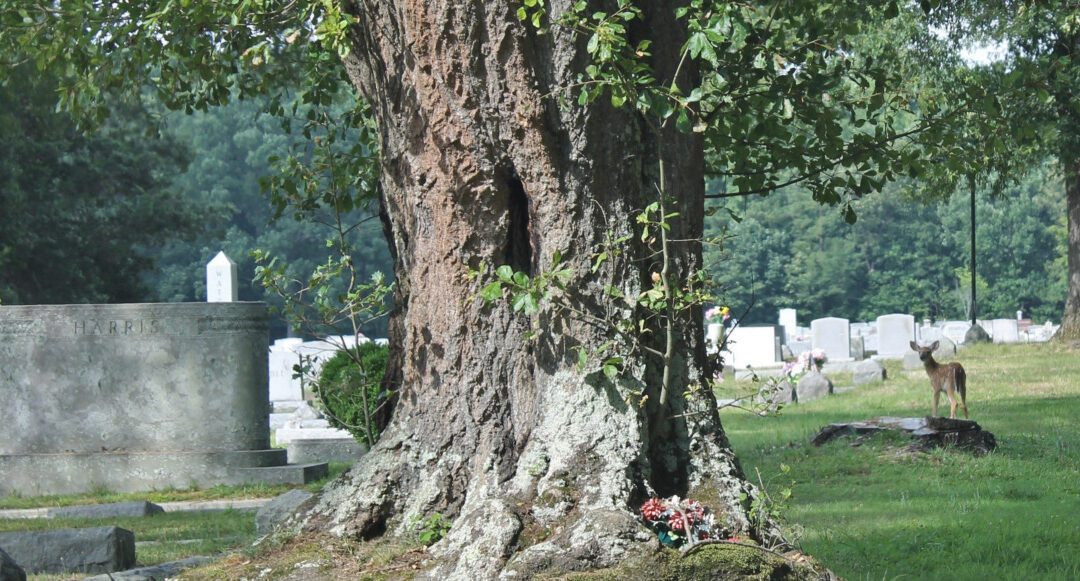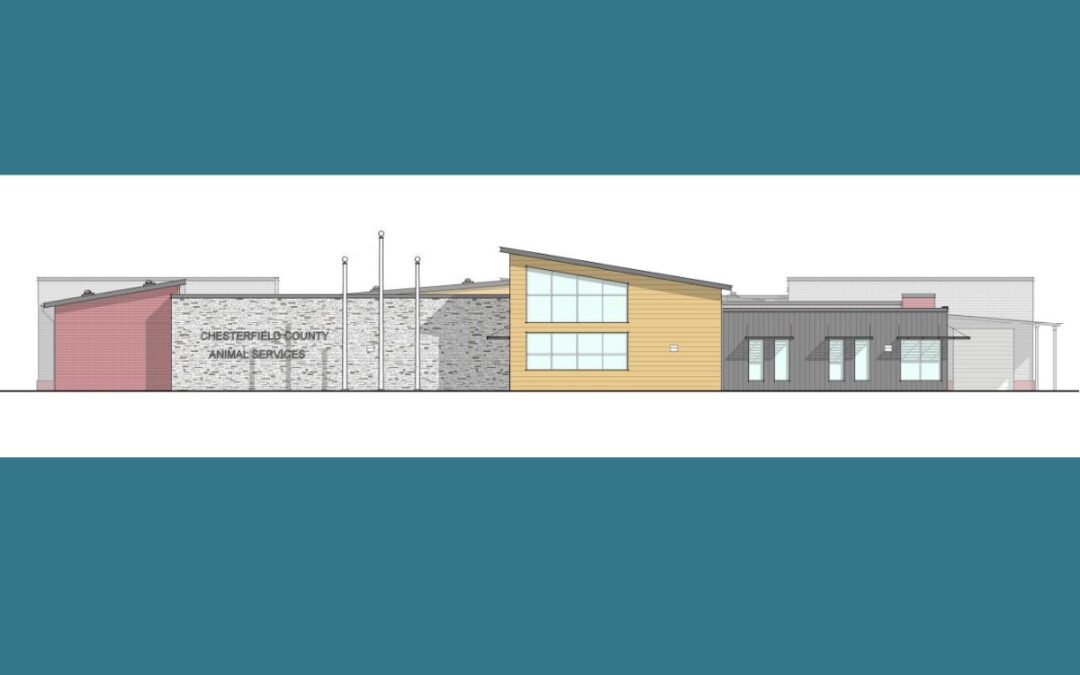
Descendants of Oak Hill sharecroppers stand outside the ruins of the property's once-grand plantation house near Danville, Va., Dec. 10, 2024. (AP Photo/Ben Finley)
The graves of African American tenant farmers are being moved to make room for a new industrial complex. Descendants and Virginia’s African American community recently shared mixed feelings about the disruption of the burial sites.
The Oak Hill Plantation was just a small piece of the larger Hairston empire in the United States.
At their height, the Hairstons owned 45 plantations across the country. Samuel Hairston, born in 1755, gained the reputation as the largest enslaver in the South—and the owner of Oak Hill.
From the 1820s until the emancipation of African Americans in 1863, hundreds of people were enslaved at the Pittsylvania County plantation site (across all Hairston plantations, there were upwards of 1,700 people ensnared within the peculiar institution).
After emancipation, many who were enslaved left the plantation, but many were forced to stay due to poverty and other factors.
The freed African Americans who stayed became tenant farmers, but this didn’t mean their former enslavers treated them as equals. When these farmers died at Oak Hill, their bodies were treated much like they were during slavery. No funeral rites were performed, very few grave markers were placed, and no respect was given to those who passed.
Whispers of the past
Destroyed by fire in the 1980s, the manor house remains in ruins on the property—but the “final” resting places of the tenant farmers who worked there, as well as their family members, will soon not be among them.
The process to exhume approximately 275 plots is already underway, as a new industrial site seeks to build on the land. Eventually, the remains will be reintered about a mile away.
Pros and cons
The decision to move hundreds of Black tenant farmers’ remains was met with many emotions.
From one perspective, some descendants of the farmers noted that their family members will finally receive proper burials. The organization leading these excavations provided $1.8 million for descendants to use for headstones and other burial materials. The family members will now be able to visit their ancestors at a dedicated location.
When these bodies are unearthed, they are also tested for their genealogy, both in hopes of identifying unmarked people and reuniting them with their families.
However, not everyone showed support for the tenant farmers’ exhumation. Other descendants noted that they didn’t want to disturb the graves of people who were already buried. Further, they expressed worry that an already disparaged and exploited people would face that same treatment after death—let them rest, while also not building over the graves.
Despite the potential backlash of the project, hundreds of graves will be relocated; plans for the new industrial park are moving forward.
Across the commonwealth, many historically Black cemeteries face fates of disrepair, misuse, and exhumation. If you want to donate to a local historically Black cemetery or learn more about these historic resting sites, please visit Virginia’s Department of Historic Resources website for more information.
Support Our Cause
Thank you for taking the time to read our work. Before you go, we hope you'll consider supporting our values-driven journalism, which has always strived to make clear what's really at stake for Virginians and our future.
Since day one, our goal here at Dogwood has always been to empower people across the commonwealth with fact-based news and information. We believe that when people are armed with knowledge about what's happening in their local, state, and federal governments—including who is working on their behalf and who is actively trying to block efforts aimed at improving the daily lives of Virginia families—they will be inspired to become civically engaged.


VDOT warns of new text scam in Virginia
The toll road scam? That's old news. The newest scam on the block now involves a phone text purportedly sent by the Virginia Department of Motor...

Charlottesville non-licensed school staff vying for collective bargaining victory
Licensed education staff negotiated an historic contract—now non-licensed workers hope to follow. The licensed staff of Charlottesville City Schools...

Petersburg and the true story of Memorial Day’s origins
While more than two dozen cities and towns across the United States lay claim to being the birthplace of Memorial Day, Petersburg holds a compelling...

AAA: Memorial Day travel in Virginia should be slightly higher this year than last
A fair number of Virginians are expected to hit the roads this Memorial Day weekend, but that is still expected to be the lowest year-over-year rise...

Chesterfield’s new state-of-the-art animal shelter: What we know
In early May, Chesterfield County began construction on a state-of-the-art animal shelter designed to expand capacity and improve services provided...

Things to know about Biden’s prostate cancer diagnosis
By CARLA K. JOHNSON AP Medical Writer Former President Joe Biden’s office said Sunday that he has been diagnosed with aggressive prostate cancer and...





